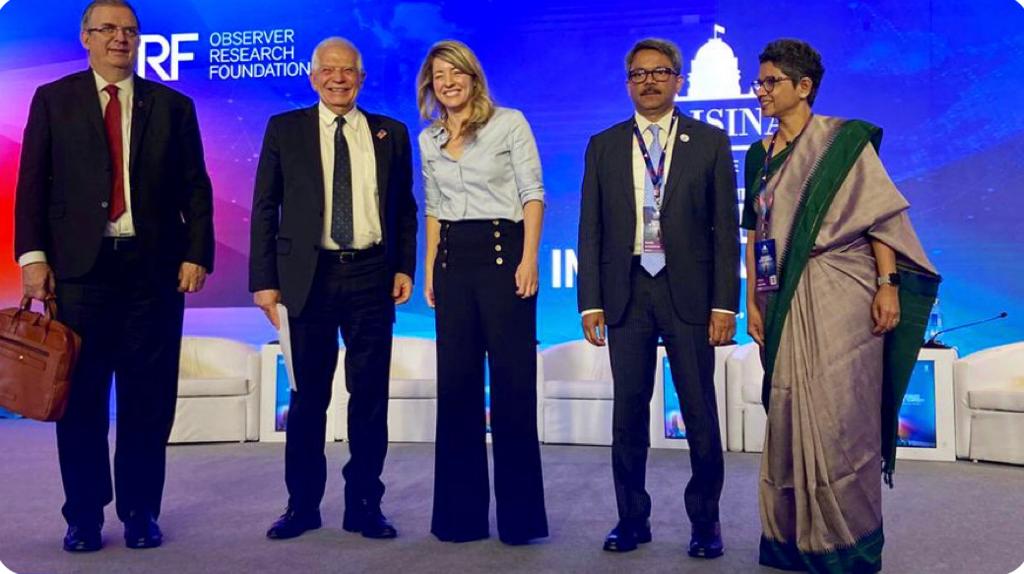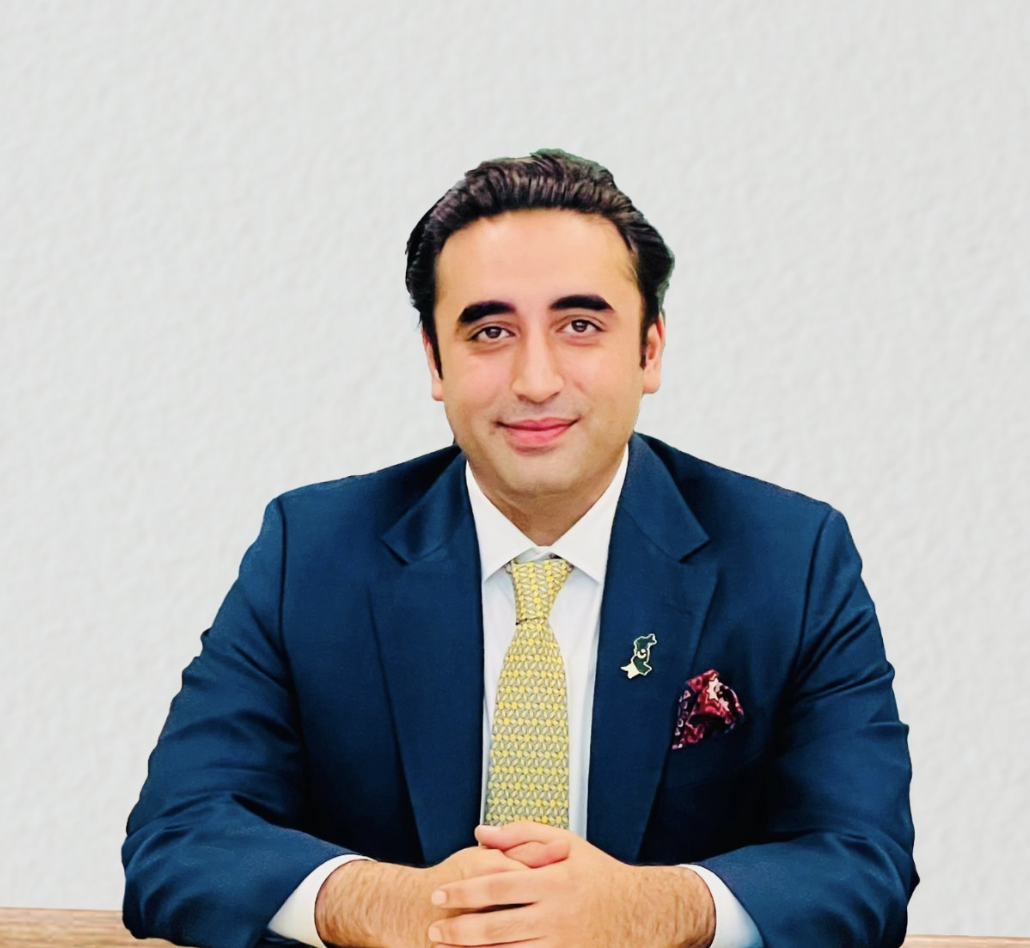In the time of extreme uncertainties for the global economy, India’s strong performance remains a bright spot. This is going to be another challenging year. But it seems to be a turning point as inflation is declining and growth bottoming out. According to the latest stats, global growth is slowing to 2.9 percent this year, and a modest rebound to 3.1 percent is expected in 2024. We expect them to account for about four-fifths of global growth this year, with India alone expected to contribute more than 15 percent.
In a world facing multiple challenges and rising geopolitical tensions, this leadership is critical—and the theme of India’s G20 presidency is: One Earth, One Family, One Future.
This spirit of one in the global community shows:
First, one family means solidarity and protecting the vulnerable. Secondly, supporting the vulnerable is vital in all countries, which means that policymakers must be mindful of adverse spillovers to emerging and developing economies including through a stronger US dollar and capital outflows.
Here, solidarity means better mechanisms to restructure debt. Under the G20’s Common Framework, the ground rules need to be clarified and the processes made more efficient and effective.
To accelerate debt restructuring efforts, the IMF, World Bank, and India’s G20 presidency are convening a new Global Sovereign Debt Roundtable for paving the way for creditors, both public and private, and debtor countries to work together, assess the existing shortcomings and best ways to tackle them. Additionally, one earth means protecting our planet, our home.
The world is witnessing increasingly severe and pervasive effects of climate change, which is an existential threat to humanity that we can only fight as a collective. We must band together as one family in defense of our one earth.
The collective goal of delivering on the Paris Agreement and boosting resilience will require policies that can help redirect trillions of dollars towards green projects. Consider smarter regulation, price signals and well targeted subsidies that incentivize low-carbon investment or financial innovations that mobilize more private capital.
Here the IMF’s advice and financial support is working to mitigate the massive climate-related risks to economic and financial stability. The first wave of pilot countries accessing the Resilience and Sustainability Trust demonstrates how the vulnerable countries are being helped in setting up the right policies and create an environment conducive to climate-friendly investments.
In other words, one must not slide into protectionism. This would make it even more difficult for poorer countries to access new technologies and support the green transition. The health of the mother earth is essential to our future. But it is not the only ingredient.
The summit policies also included the stance that one future means ensuring everyone can prosper. In an era of technological transformation, how policymakers manage the potential of digital progress can be central to a fair and inclusive future. Think of the revenue and compliance gains from digital tax administration; greater transparency through online procurement that helps fight corruption; and the accountability of digital public financial management systems that can strengthen the social contract.
India’s unified payment interface is an excellent example of technology boosting financial inclusion. Most IMF member countries are actively recruiting Central Bank Digital Currencies that could bring substantial benefits, such as more resilient payments in disaster-prone countries and greater financial inclusion. Yet any new financial technology also comes with risks.
The recent collapse of some prominent crypto exchanges has intensified concerns about market integrity and user protection. That is why we need the right policies are required that can be applied evenly across borders.
To achieve the goals of ‘One Earth, One Family, One Future’, we need to find common ground even as geopolitical tensions are rising. And we need to steer clear of zero-sum policies that would only leave the world poorer and less secure.
















